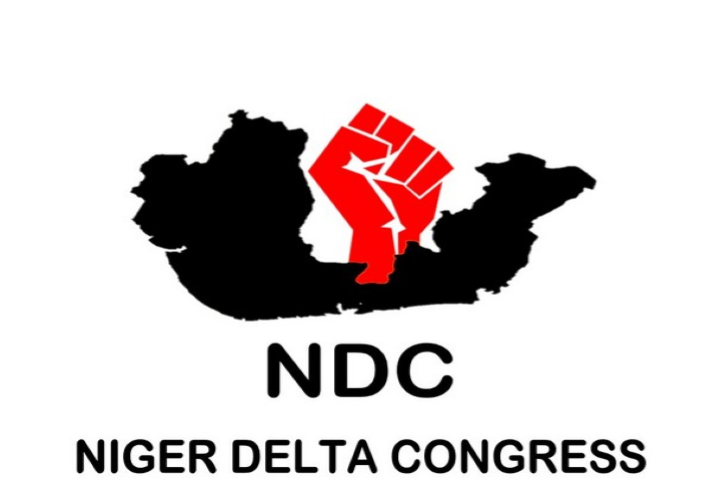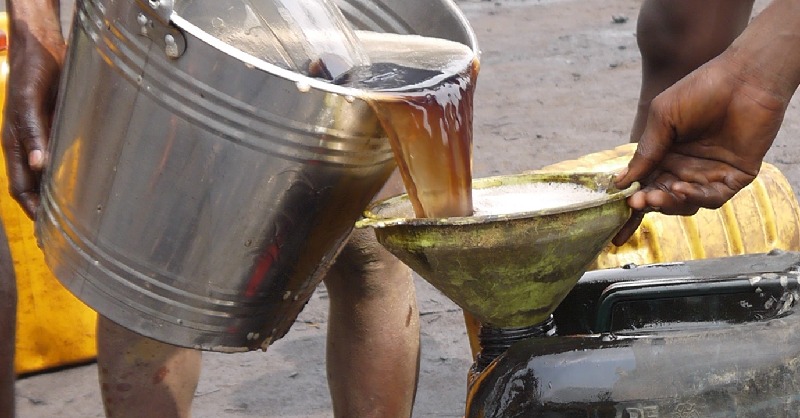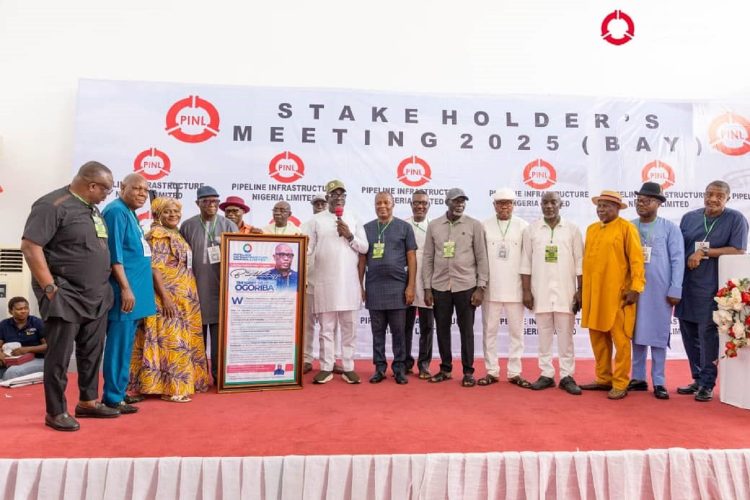
NDC Statement on the Appointment of Ibrahim Agboola Gambari as Chief Of Staff to the Nigerian President
May 19, 2020
[Policy Brief] Dirty fuel: an analysis of official and unofficial petroleum products in the Niger Delta
May 29, 2020
SDN today reveals research that suggests low quality, highly toxic fuels are sold to Nigeria by international commodity traders. These traders exploit Nigeria’s weak and poorly enforced fuel regulations.
In another discovery, although the quality of unofficial petrol and diesel (from artisanal refineries using stolen crude, primarily in the Niger Delta) also fall well below international standards, these were often of better quality than officially imported fuels.
Using either official or unofficial fuels is worsening already heavily polluted environments, serious health impacts, and costs of fixing the damage to engines and generators these fuels cause. SDN’s research suggests official and unofficial fuel production and use is responsible for 50% of Port Harcourt city’s air pollution, which is plagued by a soot problem. The Niger Delta already suffers environmental, health, and livelihood impacts from decades of oil spill pollution, associated gas flaring, and artisanal refining. This research indicates that the Niger Delta not only experiences the repercussions of producing crude oil and unofficial refined fuels, but also in the consumption of dirty official and unofficial fuels.
This is even more concerning at a time when Nigeria is facing an outbreak of Coronavirus Covid-19. High levels of air pollution and pre-existing respiratory and other health conditions may increase the risk that Covid-19 poses to the health of the population of the Niger Delta, where the majority of unofficial fuels are produced, and more widely in Nigeria where low quality fuels are also consumed.
Already, the World Bank reports that 94% of the population of Nigeria is exposed to air pollution that exceeds WHO guidelines[1], with Aba, Umuahia, Onitsha, and Kaduna designated as four of the worst air-polluted cities in the world. This will continue to worsen without action on regulation.
Our research suggests Nigeria is having dirty fuel dumped that can’t be sold to other countries with higher and better implemented standards. The situation is so bad that the average official diesels sampled are of an even lower quality than that produced by artisanal refining camps in the creeks of the Niger Delta.
– FLORENCE KAYEMBA, SDN.
The average official diesels sampled were 2,044ppm (parts per million) for sulphur—over 204x the limits the European Union (EU) sets as safe, compared to 1,523ppm in the average unofficial diesels sampled, still over 152x the EU’s limit. Fuel quality tests should be carried out nationwide immediately to explore the extent of poor fuel distribution. Improved standards for fuel quality were approved in Nigeria by the Standards Organization of Nigeria in 2017, but enforcement is evidently weak to non-existent by responsible agencies. As the issue has reached a severe point, and with the outbreak of Covid-19, there must be no further delay in raising and enforcing existing standards across the supply chain, and for all responsible stakeholders to be held to account. To reduce the impact of the disruption this may temporarily cause to the import of refined fuels into Nigeria, there would need to be simultaneous improvements in public transport and electricity supply to reduce consumption in vehicles and generators.
Zoom webinar
Attend SDN’s webinar on Wednesday 20.05.2020 at 14:00 GMT. Register now to receive a joining link. See full details for the webinar.
Note to the Editor
Media contact: Daniel Therkelsen: Communications Officer, SDN daniel.therkelsen@stakeholderdemocracy.org
About the report
This research compares differences in the standards of, and emissions from, official fuels in licensed filling stations, and unofficial fuels produced by artisanal oil refineries across Bayelsa and Rivers states.
The analysis aims to improve upon current levels of evidence and understanding around some of the impacts of consuming these fuels on air pollution, health, and damage to engines and generators. Field researchers collected 91 unofficial and official fuel samples to establish the quality of fuel produced by artisanal refiners, in comparison to fuel available at filling stations and international standards. Samples of official and unofficial fuel were obtained in Bayelsa and Rivers states, and control samples of official fuels were collected in Lagos.
The findings of this research are cause for serious concern, particularly the very high sulphur concentrations across unofficial and official fuel supplies in the Niger Delta. The samples analysed suggest a low standard of fuel is on offer in the Niger Delta, likely leading to high levels of emissions, serious health impacts, and increased vehicle and generator maintenance costs to consumers. Those handling products in artisanal refineries are also potentially exposed to serious health risks.
We hope that this analysis motivates governments, commodity institutions, and the oil industry to regulate fuel content, emissions, and the use of carcinogenic and toxic compounds across the petroleum sector in Nigeria.
About SDN
SDN supports the efforts of those affected by the extractives industry and weak governance. We work with governments, companies, communities and other stakeholders to ensure the promotion and protection of human rights. Our work currently focuses on the Niger Delta, where SDN has been an established voice since 2005.
[1] World Bank (2015). A Plea for Action Against Pollution in Nigeria. Available at: www.worldbank.org/en/news/feature/2015/06/16/in-lagos-nigeria-a-plea-for-action-against-pollution Last accessed 23/03/2020.
[Image Credit: SDN]









